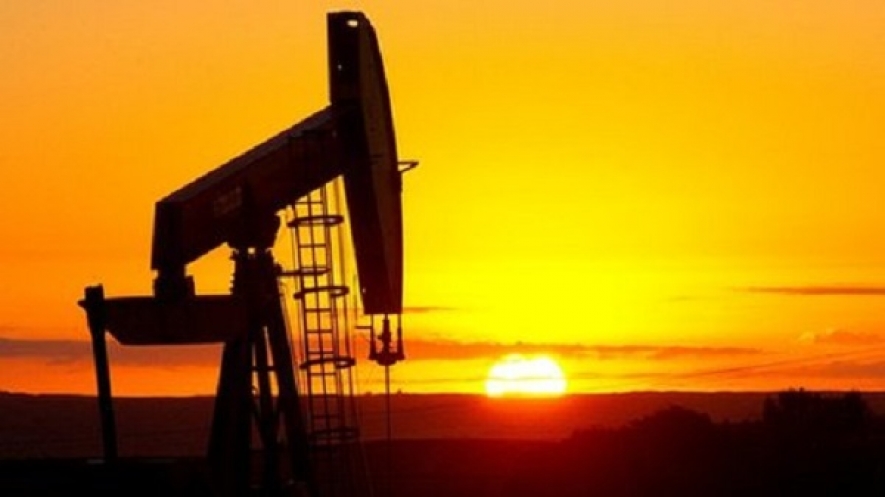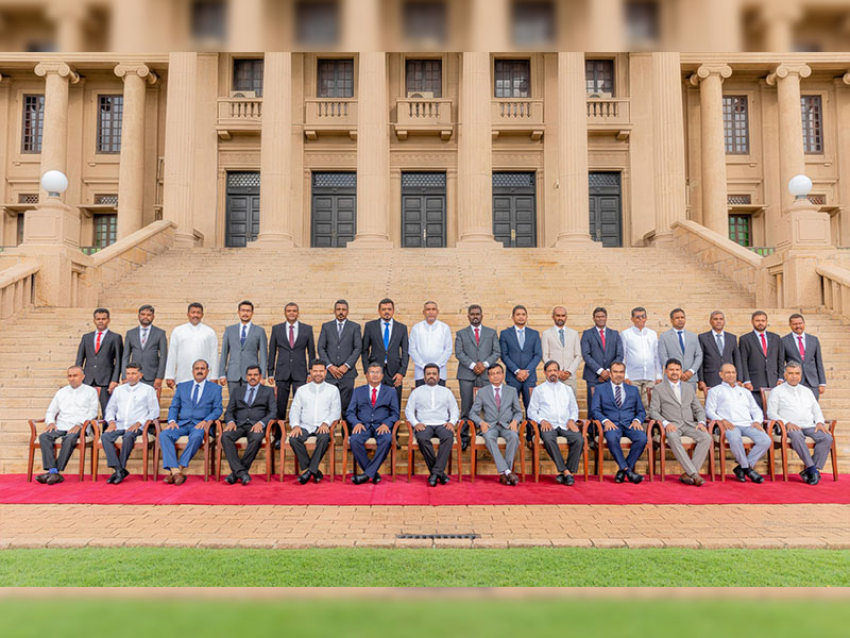Oil prices settled down, but at $4 per barrel higher than at the beginning of the week. Reassurances about the flow of oil supplies went some way to calming market jitters.
Brent crude futures stabilised at $112.32 per barrel, while US crude levelled to $106.55, after the highest reading for both since September.
Insurgents have taken over two Iraqi cities, prompting the US to say it was considering "all options" to help Iraq.
Jeremy Bowen, BBC Middle East editor, says that State in Iraq and the Levant (ISIS), is an ultra extremist Sunni Muslim group and its success will deepen the sectarian conflict between Sunnis and Shias that is already the most dangerous fault line in the Middle East.
Iraq is the second-largest oil producer in the Organization of the Petroleum Exporting Countries (OPEC) group. According to figures from the International Energy Agency (IEA), Iraq accounts for roughly 4% of global oil production.
Nevertheless, the IEA, which was set up to deal with crises in oil supply, on Friday said: "Concerning as the latest events in Iraq may be, they might not for now, if the conflict does not spread further, put additional Iraqi oil supplies immediately at risk."
The IEA reassurances came after OPEC said on Thursday that extra production should be more than sufficient to meet growing demand.
Pete Williams, head of external affairs for the RAC, said there will "be a continued focus both at home and abroad in what is happening on the ground and how the market will respond."
"We've seen a settling in the cost of crude oil today (13) following the publication of the IEA report and, as it points out, the next week will be vital in ensuring that wholesale costs don't go up any further," Mr Williams said.




















